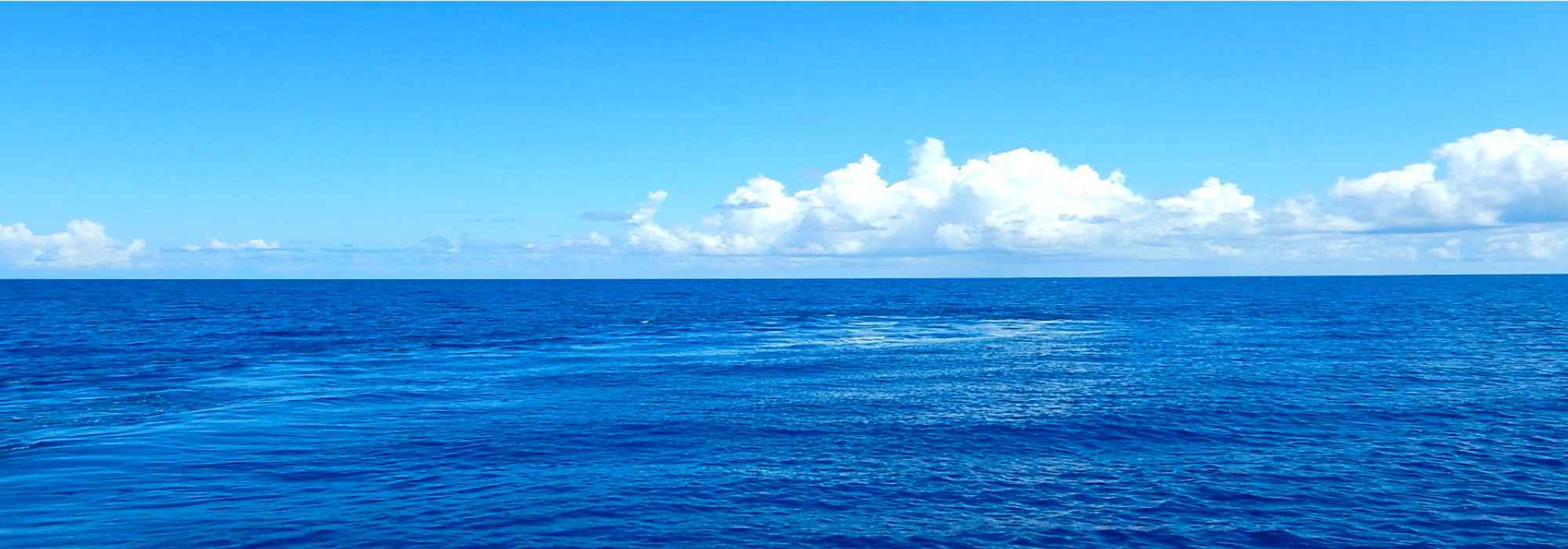Verb Markers > Tense and Aspect
6 Entries
Tuvaluan
日本語/English
Notes
ne1
past tense marker
過去時制マーカー
Ne lavea ne koe te nuanua? Did you see the rainbow?
Ne lavea ne koe te nuanua? 虹を見ましたか? [参] ni
ni
[N] past tense marker
[北] 過去時制マーカー
Ni to te ua natafata. It rained yesterday.
Ni to te ua natafata. 昨日は雨が降った. [参] ne.
ka
future tense marker
未来時制を表す動詞マーカー
Ka oko mai te vaka. The ship will arrive.
